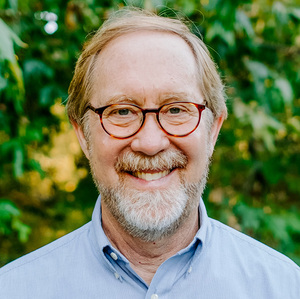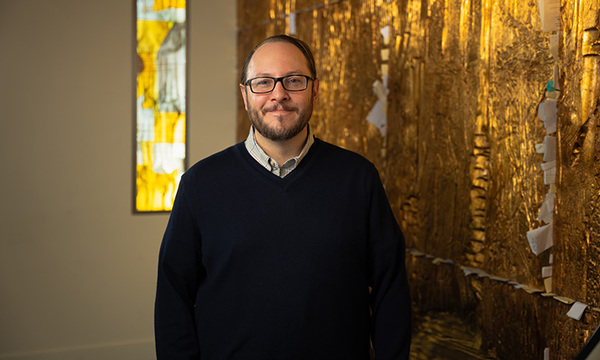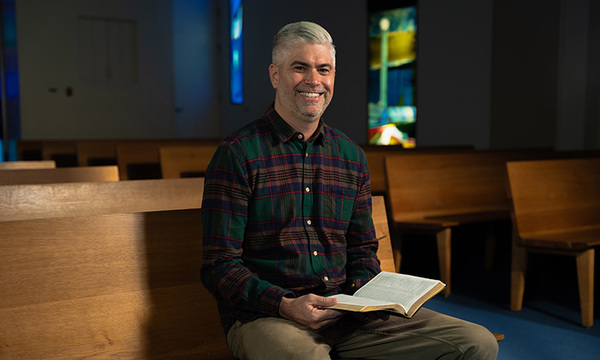Tolerance has become the only absolute virtue in our society: Thou shalt be tolerant (and, of course, thou shalt not tolerate anyone who isn’t). But the question still remains: What is tolerance? I distinguish between what I call “apparent tolerance” and “real tolerance.”
Apparent tolerance is the predominant view in our culture. As Professor Allan Bloom (The Closing of the American Mind) and others have pointed out, tolerance has come to mean that all opinions, including religious ones, are created equal. All opinions are true, and whatever one believes is true for him or her. No one is wrong; everyone is right. To claim that any one opinion is actually or uniquely true and its opposite is false is to be narrow and fail to be open-minded.
However, as a friend of mine puts it, opinions are like toes: Almost everyone has at least several.
It is logically impossible that all opinions are true. Imagine a mathematics class that was taught from a “tolerant” point of view: All students’ opinions concerning the sum of two plus two — whether 4 or 57,396 — are equally true! What would be the point of the class, or indeed any education, if students’ opinions are already equally valid?
Or imagine a chemistry class in which the contents of a specific beaker were unknown. Is it acid, lemonade, water, or something else in the beaker? What it is is a fact. What cannot be the case is that each of these alternatives is equally correct.
A certain test for determining the answer, of course, is to drink the contents of the beaker. And we may be assured that if the beaker, in fact, contains carbolic acid, a person who drinks it sincerely believing it to be lemonade will end up being just as dead as one who drinks it knowing that it is carbolic acid.
Author Paul Little tells of a nurse who, sincerely convinced that she was putting silver nitrate in a newborn baby's eyes, actually applied carbolic acid. Her sincerity did not save the baby from blindness.
Sincerity and depth of conviction are laudable virtues, but they do not guarantee truth.
Contrary to popular opinion, when one examines the different religious options carefully, one may find many similarities, but at the most fundamental level they contradict each other.
For example, they contradict each other concerning whether or not God exists; who God is; whether he is personal or impersonal; who Jesus is; what the basic human problem is; and what the solution to the basic human problem is. The various religions radically disagree — they are logically contradictory. To note this is not to be intolerant; it is simply to acknowledge the way it is.
Real tolerance is something entirely different from apparent tolerance. Real tolerance refers not to how we treat opinions, but to how we treat people. It means treating people with respect, regardless of their opinions, even if we disagree with them. Real tolerance recognizes and respects honest disagreement, taking other people's views seriously, without forcing them to hold one's own position through coercion or manipulation.
Real tolerance is a problem for religious pluralism. To hold this position, religious pluralists must either affirm the irrational belief that contradictory beliefs are equally true, or else make the common claim that all religions actually say the same thing.
But, in fact, different religions don’t say the same thing, and in insisting that they do, religious pluralists are actually intolerant, because they do not take seriously honest disagreement between different religious viewpoints. They do not allow other religions to mean what they actually say, but rather they must mean what religious pluralists reinterpret them to mean.
The model of real tolerance, I would suggest, is God. He loves us enough and treats us with enough dignity to take seriously what we believe. He respects us enough to allow us to choose to believe him or reject him, and takes those choices seriously enough to hold us responsible for them.
This article was originally published in A Separate Peace (Worldwide Challenge), Nov/Dec 1991, and was also posted on June 19, 2018, on The Good Book Blog.
 Biola University
Biola University


